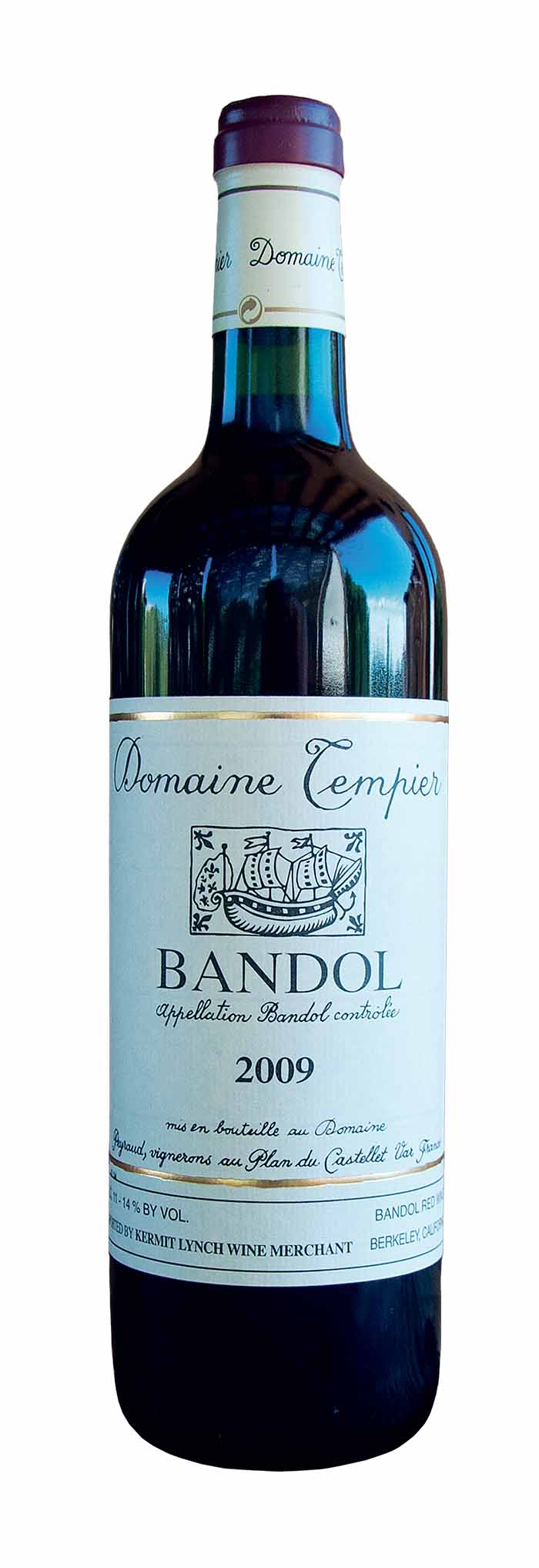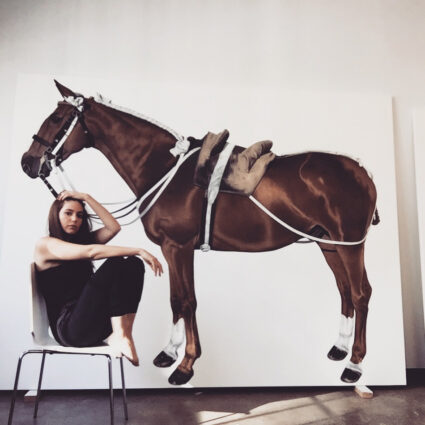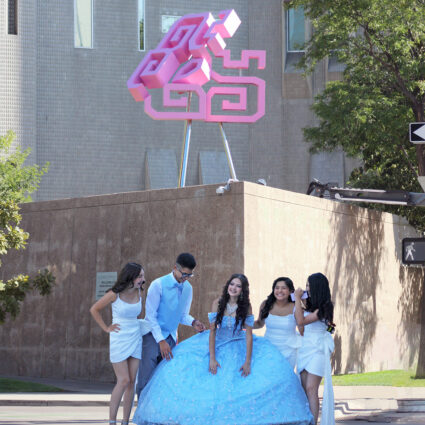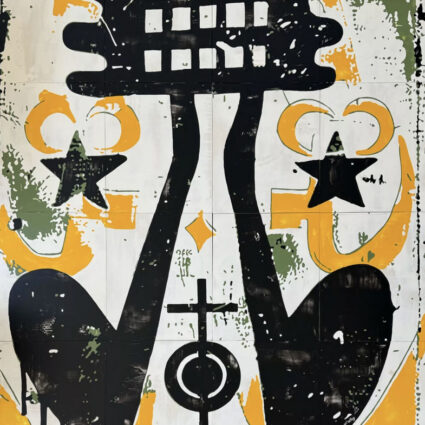 A good liar works elements of truth into his lies. A great liar uses big lies to make his small lies more credible. These day, there are liars everywhere you go, even in the wine world. Why would anyone lie about wine? To sell you wines you don’t want. The good news? You can protect yourself by knowing The Ten Biggest Lies About Wine.
A good liar works elements of truth into his lies. A great liar uses big lies to make his small lies more credible. These day, there are liars everywhere you go, even in the wine world. Why would anyone lie about wine? To sell you wines you don’t want. The good news? You can protect yourself by knowing The Ten Biggest Lies About Wine.
#1. “The Napa Valley is one of the world’s great wine-producing regions.”
Napa is where General Motors was in 1978: trying to market monotony as diversity. Napa’s Cadillac, the estate–bottled Cabernet Sauvignon, is the world’s most predictable wine. If Napa’s winemakers spent half as much creativity making wine as they spend marketing it, their wines might taste better. But don’t bet on it. There are better wine–producing regions in California, not to mention France and Italy.
#2. “I don’t like sweet wine.”
And you never watch TV or visit porn sites, either. Kermit Lynch says Americans “talk dry but drink sweet.” Amen, Kermit. The reason California winemakers produce the kind of cloying, over–oaked Chardonnays that make a Negroni taste dry by comparison is demand. The American public has
a sweet tooth. Winemakers pander to it.
#3. “You’re drinking it too early.”
Actually, no, I’m drinking it because I like the way it tastes. The great French vintages of the last four decades were 1982, 1985, 1990, 2000, 2005, 2009, and 2015. All seven were delicious when young—in spite of the self–styled experts who said the wines from those vintages wouldn’t age. If you like a wine when it’s young, buy two cases. Drink one. Cellar the other. Enjoy the ride.
#4. “French wines are overrated.”
Sure. And so were James Joyce, Pablo Picasso, the Beatles, John Coltrane, Bob Dylan, and Meryl Streep. Americans are lucky to live in a world where we get to borrow trillions of dollars and the French get to make classic wines. God help us both if we ever reverse roles.
#5. “Perfect wines exist.”
Robert Parker, editor of the Wine Advocate, is widely credited with making one hundred–point wines the icons of the wine world. Parker’s an astute writer. He knows his own taste, and his ability to blur the line between objectivity and subjectivity has encouraged millions of people to cultivate their own tastes. Unfortunately, Parker’s assertion that perfect wines not only exist but can be quantified is sophistry. It would take a perfect person to identify a perfect wine. Nobody’s perfect, not even Robert Parker. Wine pleases us because it offers us the same combination of attributes and flaws we contain in ourselves. Perfection’s a curse, not a blessing.
#6. “Young people don’t appreciate wine.”
The flawed variation of George Bernard Shaw’s flawed homage to cynicism: “Youth is wasted on the young.” The lie ignores the fact that, in countries where children and teenagers are allowed to taste wine, young adults consume the same amounts of wine as old adults. If you’re a parent, buy magnums and share the good stuff with your children. Being young is harder than it looks. Everyone deserves the reassurance that comes with drinking a glass of good wine.
#7. “Rhône wines aren’t in the same league with Bordeaux or Burgundies.”
Really? Most wine collectors start with Champagne, then they wander through Bordeaux, then they fall in love with red and white Burgundies, and then they discover the Rhônes. The best wines from St. Joseph, Hermitage, Châteauneuf-du-Pape cost less than average wines from Bordeaux and Burgundy. This means they’re not as good? Only if you insist on confusing price with value.
#8. “Consecrated wine is a symbol of blood.”
This whopper also appears on the Ten Biggest Lies of All Time. It doesn’t matter if you’re Catholic, Protestant, Jewish, Buddhist, New Age, Secular Humanist, Born–Again Atheist, or Latter–Day Druid. When the word of God consecrates, the wine in the chalice becomes blood. Not a concept. Not an idea. Not a symbol. The real thing. Sangre de Cristo. The relationship between wine and blood predates Christ and Christianity. Still not convinced? Look up the etymology of “Sangiovese.”
#9. “Rosés aren’t serious wines.”
Bigotry demands big lies. The prejudice against rosés is endemic among wine snobs. The good news? Their bias translates into low prices for the best rosés. Try the 2015 Domaine Tempier Bandol Rosé or the 2015 Yves Leccia Patrimonio Rosé. These are world–class wines that happen to be rosés.
#10. “Wine tastes like food.”
Enough with the berries and cherries. Do you really need an expert to tell you what’s going on in your mouth? Wine is an experience. In the same way that a good story alludes to life without trying to describe it, a good wine alludes to food without trying to taste like it.
Which brings us to the 2009 Domaine Tempier Bandol Rouge “Cuvée Classique.” In the glass, the Classique’s ambiguous garnet gives a whole new meaning to the term “depth of field.” The bouquet redefines the art of inhaling. On the palate, the Bandol’s flavors are clear but not obvious. The finish has the kind of nobility that blesses you without making you feel small. This is a wine of grace. Drinking it is one of life’s direct pleasures. Don’t take my word for it. Find a bottle. Open it. Taste the truth for yourself.



